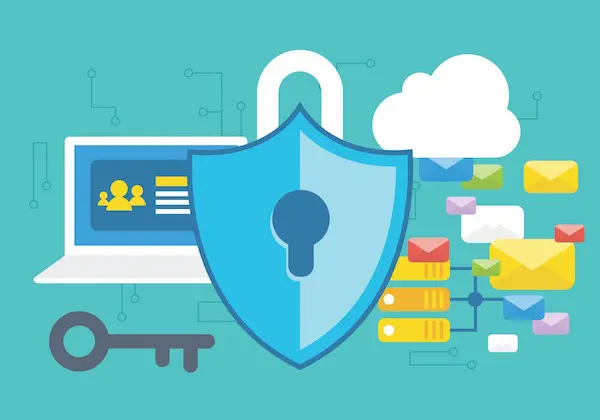Last week, US Magistrate Judge Sheri Pym ordered Apple to assist the FBI in unlocking an Apple iPhone used by Syed Rizwan Farook, one of the terrorists in December’s San Bernardino mass shooting. This story and its resulting controversies have since dominated the technology press. I’m not going to summarize the facts of this case or the various arguments regarding whether the government should be able to require Apple to do such a thing since a good summary can be found here. I will, however, give my observations and thoughts on the matter.
- Arguments that the FBI obtaining the remedy that it wants would be a breach of privacy or “set a bad precedent” are likely to fail in court. In a criminal investigation, the law that primarily protects people’s privacy is the 4th Amendment to the U.S. Constitution, which protects people from unreasonable searches and seizures. The government may, however, conduct searches if it obtains a warrant based on probable cause. In this case, the US government has obtained a warrant, therefore, end of story. The arguments that this is a violation of anyone’s privacy will fail as there does not appear to be any violation of the 4th Amendment to the Constitution. Likewise, claiming that it “sets a bad precedent” is also not likely to go anywhere since, in our common law system, rulings are supposed to have precedential value. It is true that “bad facts can make bad law” as the old adage states, but that is not a basis to deny the FBI’s request if it is otherwise entitled to it.
- Apple does have a solid argument that the remedy requested is overreaching… The court, under the All Writs Act, is asking Apple to write new software that will make it easier to unlock the iPhone in question. The All Writs Act authorizes judges to issue “all writs necessary or appropriate in aid of their respective jurisdictions and agreeable to the usages and principles of law.” The law gives wide latitude to judges to craft a remedy, yet an order that requires a company to develop new software may go too far. Apple, in its response brief, has argued this, saying that the All Writs Act does not allow the government to “conscript” Apple into writing software designed to hack into iPhones nor does it provide the government “authority to order non-parties to become de facto government agents in ongoing criminal investigations.” If Apple is able to win this case, it most likely will be on the basis that asking someone to develop new software for the government is not an appropriate remedy in this situation.
- …but that still doesn’t mean that a remedy can’t be found that will accomplish what the FBI wants. If the FBI were to lose on this issue, it still may have other ways of getting what it wants. For instance, the FBI potentially could subpoena the source code for the iOS operating system along with the digital signature necessary to load the new software onto this iPhone and then proceed to develop the custom software itself. No conscription would be necessary. Of course, this would be worse for Apple as I would expect that it would not want to give up this sensitive information. The way I see it, one way or another, the courts are likely to find a way to give the FBI what it wants.
- In the big picture, Apple was not able to keep its promises that there would be “no backdoor” to its encryption. Electronics manufacturers typically include a mechanism that allows them, and only them, to unlock the encryption on the devices they manufacture, commonly known as a “backdoor.” When Apple released iOS 8, it promised that its encryption could not be broken by anyone, including themselves. The FBI is not asking for the encryption to be unlocked, per se, but instead that the software that governs the entering of a passcode be modified to make it easier to guess the passcode. The problem is, the mere fact that an iPhone allows you to replace its software without entering the iPhone’s security passcode is itself a partial backdoor. Therefore, when Apple claims that the FBI is demanding that Apple adds a backdoor to its software, it’s not really accurate. A better way to think of it is that the backdoor already exists and the FBI is demanding that Apple write an exploit for it.
- It appears that all current iPhones have this backdoor. The iPhone in question is a 5c and this model allows new software to be loaded onto it without entering the passcode. There has been some speculation that the models of iPhone developed after the 5c, namely the 5s, 6, and 6s, would not be vulnerable to the same exploit, as these models included a new hardware security feature called the “secure enclave.” However, in recent days, news stories have been trickling out suggesting that Apple is planning on patching this security vulnerability with a hardware change on the iPhone 7. This suggests, though does not provide definitive proof, that all current models have this vulnerability.
In the long run, Apple is likely to develop a phone that cannot be unlocked using the method that the FBI is requesting. This development will likely trigger some intense public policy debates on whether a company like Apple should even be allowed to build a device that no one can unlock, including Apple and the government. This debate will be intense and we can only expect this issue’s profile to rise even further.
This article is for general information only. The information presented should not be construed to be formal legal advice nor the formation of a lawyer/client relationship.




